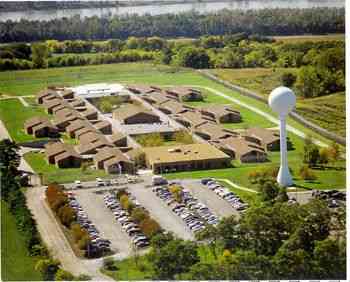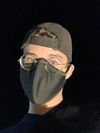Insecurity, Looting, and Robberies in Venezuela
Crime and theft in Venezuelan state are seen very often as a more prominent problem affecting millions of people in this country where hunger, needs, and poverty are seen on every corner.
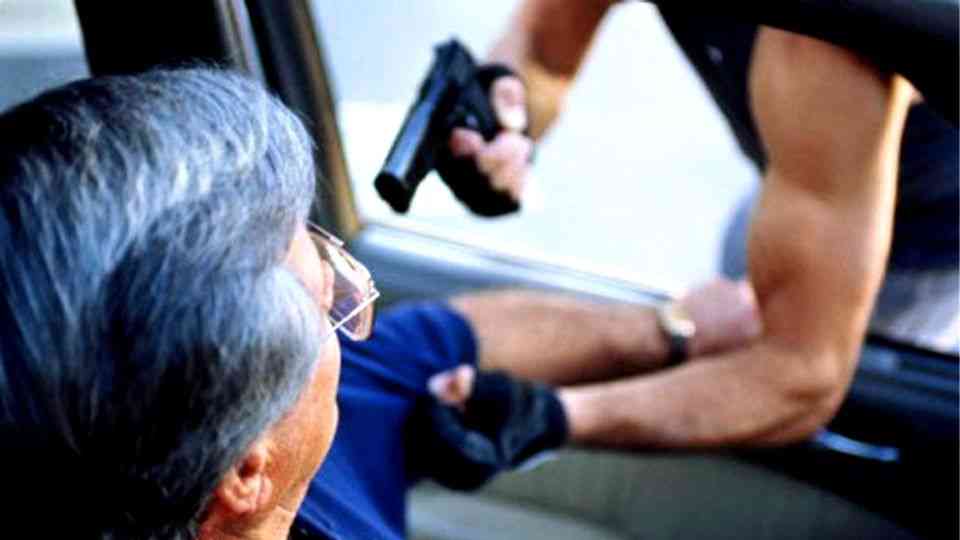
Insecurity in Venezuela
Crime and theft in Venezuelan state are seen very often as a more prominent problem affecting millions of people in this country where hunger, needs, and poverty are seen on every corner. Venezuela was ranked as the most unsafe country in the world in 2013. The United Nations stated that such problems in Venezuela are due to the bad economic situation and bad government policies.
In Venezuela, the homicide rate is also one of the highest in the world, even surpassing Colombia, Brazil, and Mexico. By 2008, many reports indicated that crime was the primary concern of all people who had the right to exercise their voting power.
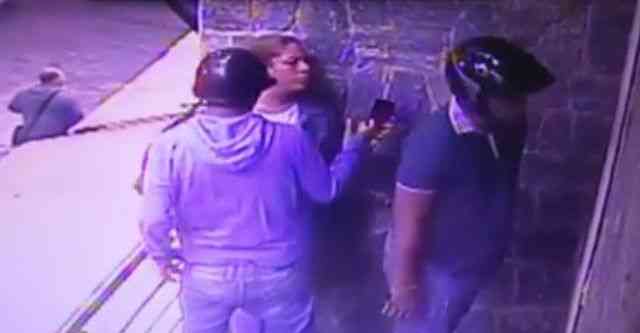
One peculiarity of Venezuela is that a high number of deaths are caused by the state security forces, especially the Special Actions Force (FAES) of the Bolivarian National Police, a special unit created by President Nicolás Maduro. These deaths are often officially recorded as cases of "resistance to authority." Many families killed in these police actions have reported that their relatives were tainted in cold blood.
Many of the people who die are criminals, but many others are innocent young men. This shows that Maduro does not care about the human rights of an inhabitant in Venezuela. In Venezuela, crime, theft, and insecurity is a thing that remains a major problem just like hunger, economic and social issues, uncontrolled pregnancies, or the lack of control of the state over the exercise of arms that circulate through all streets.
Problems in the country
Crime and insecurity in Venezuela have long been a problem that is widespread with all the Venezuelan people. In reality, it is unknown if charges and investigations have been manipulated in a case to bring a predetermined outcome due to which many Venezuelan citizens have to face death. If we look into the past, in 2009, the Government of Venezuela was creating law enforcement called "Bolivarian National Police" and the National Experimental University of Security. Given this, multiple human rights advocacy groups were beginning to show skepticism with the effectiveness and security of the people with the police forces of the government itself throughout the country.
Click below to learn about yellow journalism
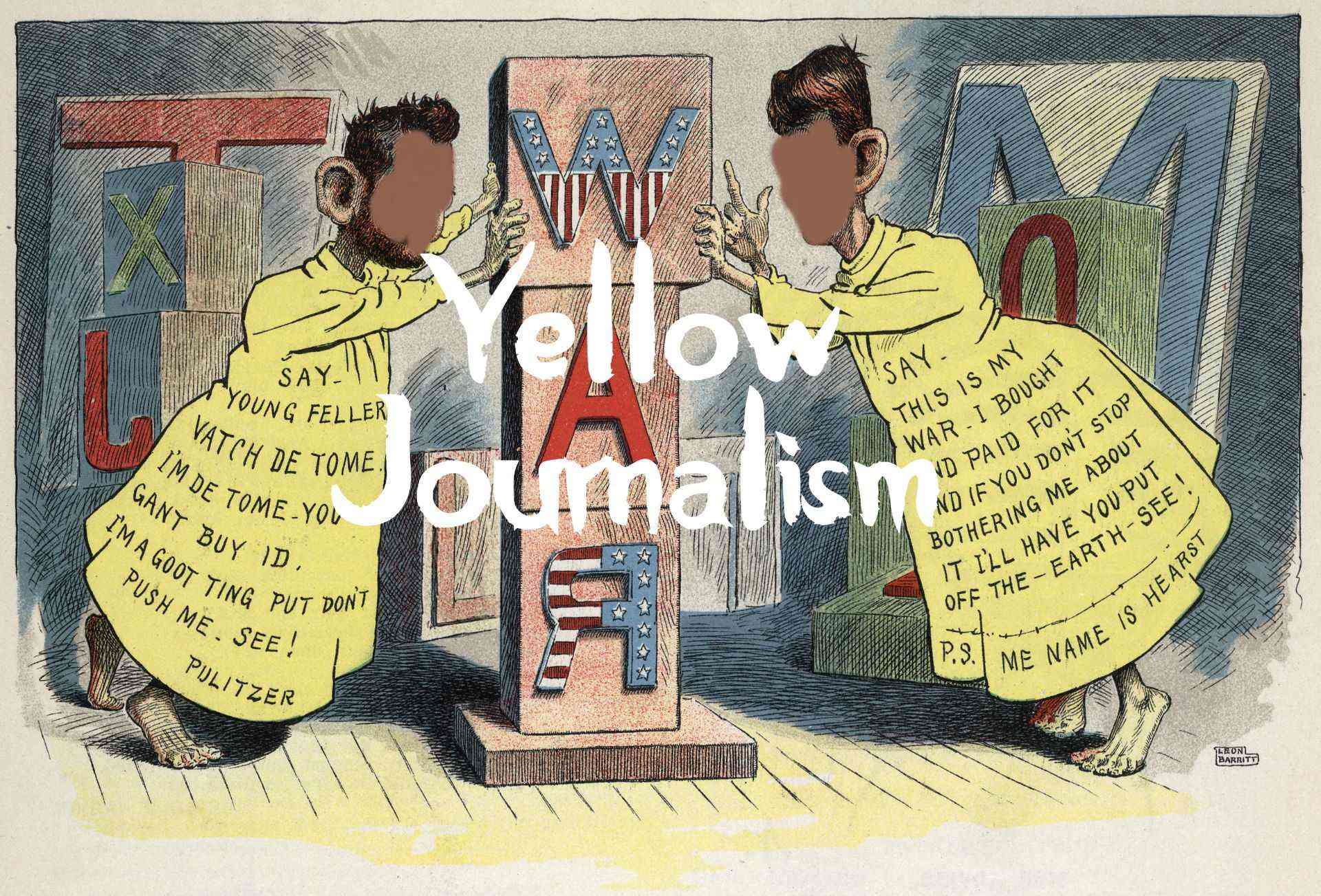
The President of Venezuela, Nicolas Maduro, initiated the Plan "Patria Segura" to reduce much of the crime and ensure as much security as possible throughout the country. Venezuela is currently one of the most violent countries in the world without being in a war. Venezuela has a homicide rate of 81.4 per 100,000 inhabitants, which translates to 23,047 murders every year.
Another fact that also adds up is the capital city of the country, Caracas is valued and considered by many tourists and professionals as one of the most violent cities in the world, with an approximate rate of 89 homicides per 100,000 inhabitants in the country.
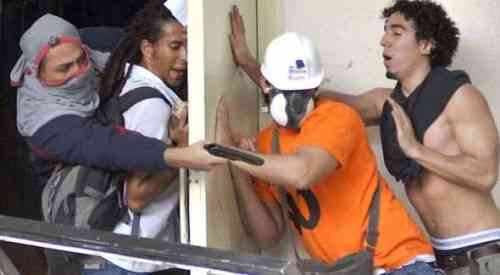
It should be noted that drug trafficking and drug trafficking routes abound in the whole country, and especially at the borders. Thus Venezuela is a country of importance for drug trafficking routes of any kind. Cocaine from Colombia and some other drugs pass through Venezuela to the United States of America and the European continent. Venezuela ranks fourth in the world in the number of seizures and cocaine holds, after Colombia, the United States. By 2007, previously, in Colombia, the various authorities in Colombia claimed that through all the laptops that had been seized in an incursion against Raúl Reyes, they found documents that allegedly show that Hugo Chavez offered payments of up to $300 million to the Venezuelan Armed Forces per drug crossing. According to Interpol, various archives that were found by the Colombian authorities were considered authentic. In Venezuela, fear, corruption, and terror are a part of daily life for the citizens. Now, Venezuela has the highest homicide rate in the world.
Across Venezuela, the homicide rate has been the subject of controversy since the Venezuelan government has denied and banned access to all statistics of official and verified homicides. According to the Government of Venezuela, the homicide rate in 2013 declined from 50% to 39% per 100,000.
Our authors are constantly working hard to bring you the best quality contents. Support them by donating here
In the past, by 2009, there were different information and sources which ensured that the Venezuelan authorities were assigned to the judicial police in all the morgues in Caracas to talk to the relatives of the victims. They advise the victim's families to try not to speak or get to report the murder of their relative to media in exchange for obtaining the body of the victim in an accelerated process.
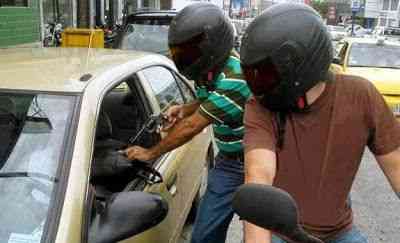
Multiple sources also reported that the police managed to intercept the relatives of the victims and bring them to the library of the University Institute of the Scientific Police (IUPOLC) where the authorities offer those families ways to "expedite procedures and advice so as not to give information to the press in exchange for their collaboration." This goes so far as to pay people extremely high amounts of money in foreign currencies to cover the crimes. The matter would come to light moments after the newspaper "El Nacional" managed to publish a news story of a large number of bodies that were in different areas of an urban morgue in the country. [1]
Various sources in the country, media, and inhabitants assure that in Venezuela, the transit, traffic and destination of origin in men, women, and children who are victims of sex trafficking and forced labor as slaves are common due to large networks responsible for trafficking around the borders. The Venezuelan government does not meet the minimum standards for eliminating these problems in the country, implying that the authorities do not have officials in full capacity to deal with the illegal trafficking of people and drugs.
Recommended reading:
